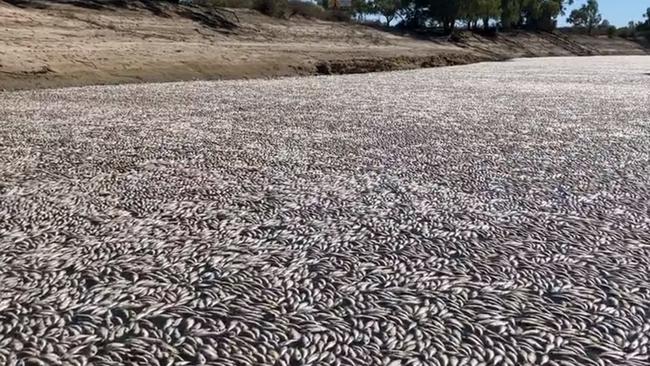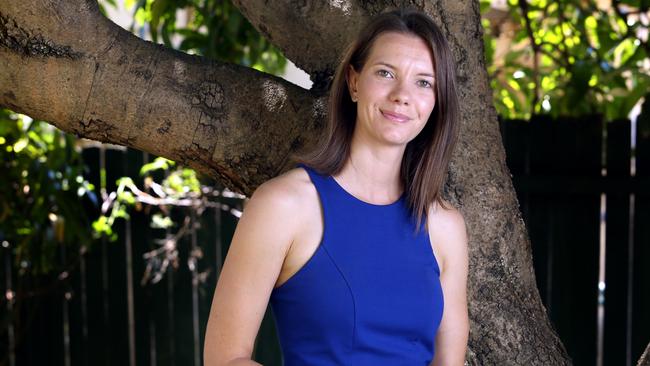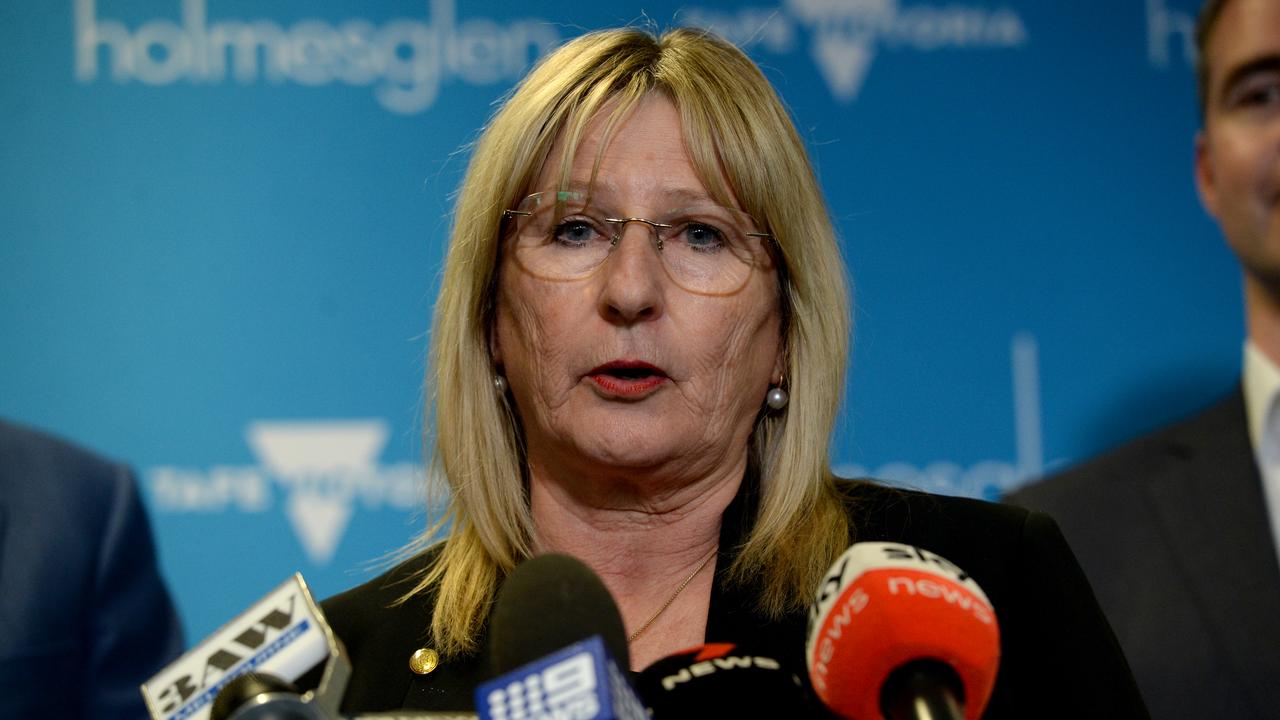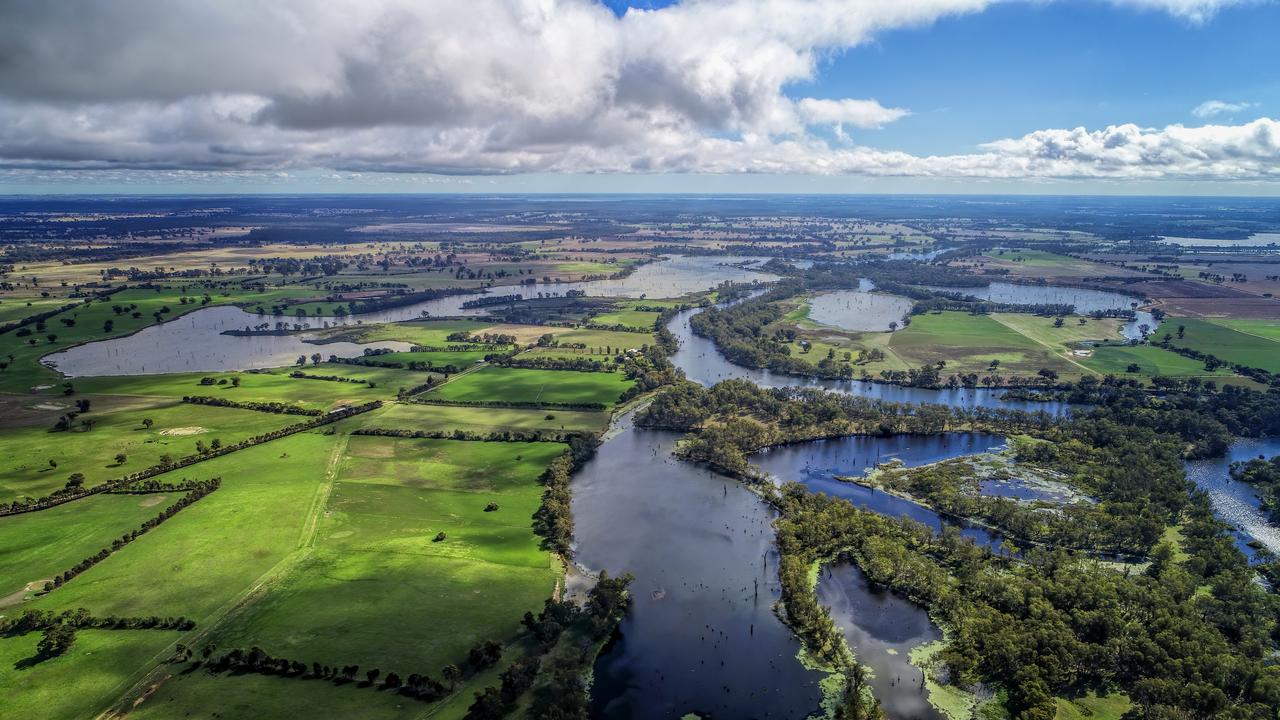Menindee inquiry launched
A NSW government inquiry into mass fish kills at Menindee will not consider water allocations in its terms of reference despite pressure to do so.

A NSW government inquiry into mass fish deaths at Menindee earlier this year will not consider water allocations in its terms of reference.
The inquiry, announced by the NSW government on Monday, has been tasked with determining the cause of the fish kill event that occured at Menindee in late March, and will report back to NSW water minister Rose Jackson by August 31.
NSW chief scientist and engineer, professor Hugh Durrant-Whyte, said water allocations to upstream irrigators would not be part of the inquiry.
“That is not part of the terms of reference. The terms of reference are really focused around causality in terms of fish deaths, the way that it was actually handled and what recommendations that we make in terms of how we prevent this sort of thing happening again,” Prof Durrant-Whyte said.
“A lot of that, irrigation and water allocations and so on, is managed under the water sharing plans.”
Menindee locals and UNSW professor Richard Kingsford have criticised the NSW government for allowing water allocations of 113 per cent in the Namoi River and 275 per cent in the Gwydir River during the period leading up to the fish kills.
Ms Jackson said the Barwon-Darling water sharing plan was due to be reviewed this year, and the report into the mass fish death event would inform that review.
“The results of this report, and to be honest, numerous other reports done by the Natural Resources Commission and previous reports into previous fish kills will all feed into the review of the water sharing plan. That is the appropriate place to make decisions around how we allocate scarce water resources,” Ms Jackson said.

She said she expected the report to be frank and honest in its assessment of the role of NSW government departments in handling the event.
“If there were mistakes that were made by government agencies, I want and expect them to be laid out as part of the recommendations,” she said.
NSW environment minister Penny Sharpe said the NSW Environment Protection Authority would continue a parallel investigation into what it has termed a “pollution event”.
Last week the EPA released the results of testing it had completed on dead golden perch at Pooncarie, downstream of Menindee, on March 28.
The results found zinc and mercury in the gastrointestinal tract and gills of the fish.
“This indicates some recent exposure to these metals from the water. However, water concentrations were all below water quality guidelines indicating these metals will not have adversely impacted the health of the fish,” the EPA report stated.
Nitrogen and phosphorous levels in the water downstream of Menindee were recorded at high levels from March 21 to April 11. Copper was above the level set to protect water life.
The independent inquiry will use the same set of data assessed by the EPA, which was collected on five different days at two locations: Menindee and downstream at Pooncarie. The first water samples were not collected until five days after the mass fish deaths began.
Prof Durrant-Whyte said sporadically collected and untimely data could be a problem for the inquiry.
“Probably the biggest challenge I would foresee with this is actually the lack of data. There are relatively few measurements that are made of the water system in general,” he said.
“Sometimes measurements are made significantly after the event actually occurs. And so it’s quite tricky sometimes to work out on that basis what could or might have actually happened.”





